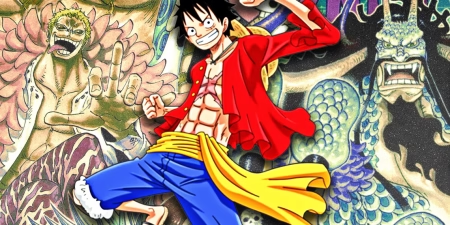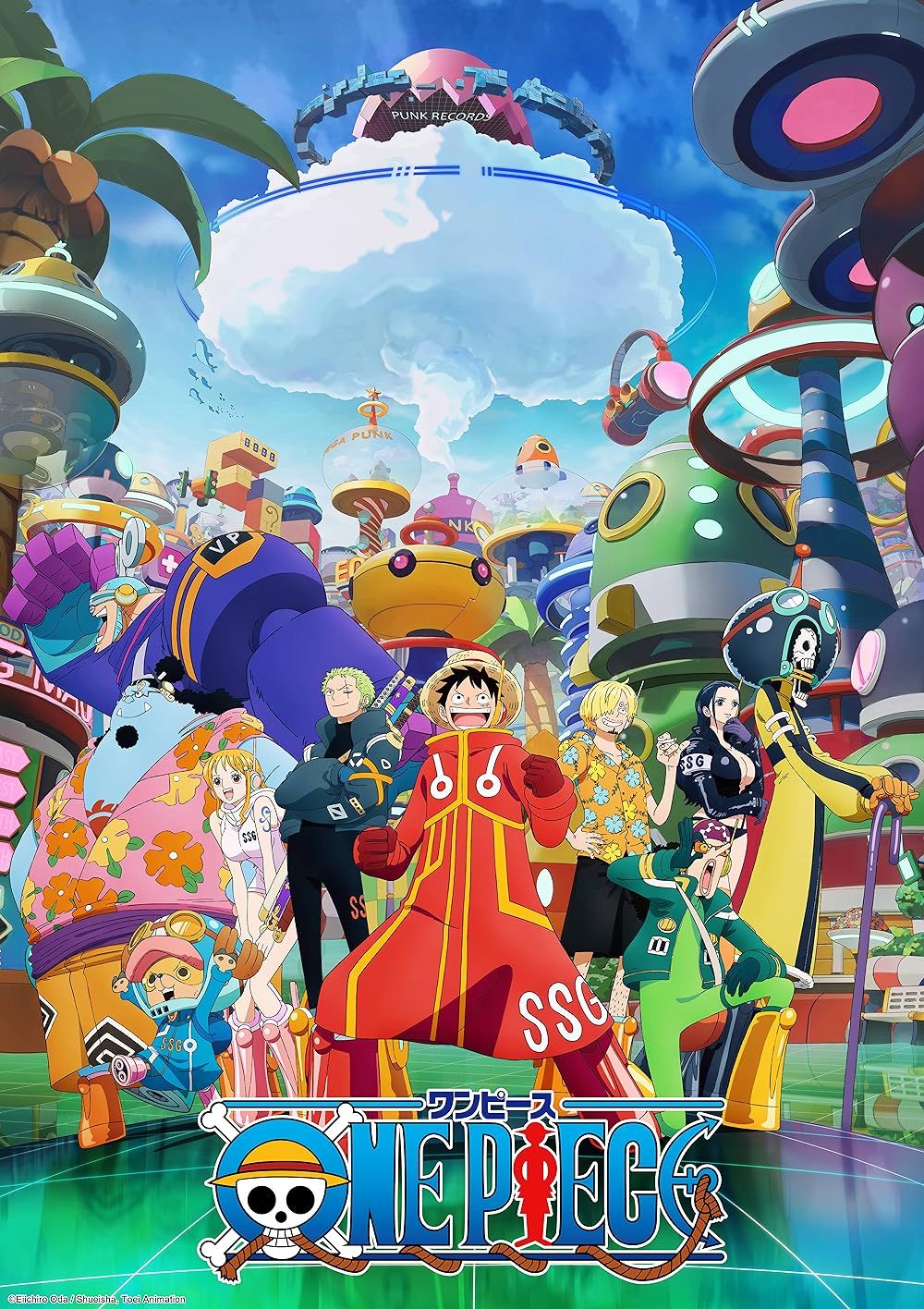Why Doesn't Luffy Kill His Enemies in One Piece?
- 11-Mar-2024, 16:24
- 0 Comments
- 20 views

Eiichiro Oda's decision to keep Luffy from taking lives in the series is multifaceted, but one key reason is his desire to preserve the theme of dreams within One Piece. Throughout the series, characters often express their dreams and aspirations, whether it's becoming the Pirate King like Luffy or achieving their own personal goals. By adhering to a strict no-killing policy, Luffy maintains his status as a symbol of hope and inspiration for others to pursue their dreams, regardless of the obstacles they face.
Furthermore, Oda likely wants to keep Luffy and his crew morally grounded, distinguishing them from more morally ambiguous or anti-heroic protagonists in other series. Luffy's refusal to kill reflects his belief in redemption and second chances, even for his enemies. This aligns with the overarching theme of friendship and camaraderie that defines One Piece, as Luffy often seeks to resolve conflicts through understanding and forgiveness rather than violence.
Additionally, Luffy's adherence to his no-killing rule adds depth to his character development. It showcases his growth as a leader and highlights his unwavering commitment to his principles, even in the face of adversity. By consistently upholding this rule, Luffy demonstrates his integrity and serves as a role model for others to emulate.
Overall, Eiichiro Oda's decision to keep Luffy from taking lives in One Piece serves to reinforce the series' core themes of friendship, dreams, and redemption while also adding complexity to Luffy's character.
One of the remarkable aspects of One Piece is its portrayal of a world where all dreams are valid, regardless of whether they align with conventional notions of good or evil. Characters from all walks of life pursue their dreams with passion and determination, whether they're aspiring pirates like Luffy, ambitious Marines like Smoker, or even notorious villains like Crocodile. This inclusive approach to dreams reinforces the idea that everyone has their own unique path to follow, and no dream is inherently wrong as long as it doesn't cause harm to others.
Luffy's refusal to kill his enemies is a manifestation of this philosophy. By sparing their lives, he acknowledges their right to pursue their dreams, even if they stand in opposition to his own goals. This stance reflects Luffy's belief in the fundamental value of individual autonomy and the importance of allowing others the opportunity to define their own destinies.
Moreover, Luffy's pragmatic expression of sympathy underscores his grounded and straightforward nature. Rather than resorting to elaborate speeches or emotional displays, he communicates his support for others' dreams through his actions. This pragmatic approach resonates with his ESTP personality, as it prioritizes practicality and effectiveness over sentimentality.
Overall, One Piece presents a nuanced perspective on dreams and aspirations, emphasizing the importance of respecting others' ambitions while staying true to one's own convictions. Through characters like Luffy, the series champions the idea that everyone deserves the chance to pursue their dreams, regardless of the challenges they may face along the way.
One Piece indeed embodies the idea of a world where dreams are paramount and everyone deserves a chance to pursue them. Luffy's refusal to kill his enemies is not only a reflection of his own personal code but also a testament to the overarching theme of second chances and the value of dreams in the series.
By sparing his enemies' lives, Luffy demonstrates a deep understanding and respect for the aspirations of others, regardless of their alignment or actions. He recognizes that extinguishing someone's life means extinguishing their dreams as well, and he refuses to be the one to deny them that opportunity. This stance aligns with the ethos of One Piece, which portrays a world where individuals are free to chase their dreams and forge their own paths, even amidst conflict and adversity.
Furthermore, the narrative of One Piece emphasizes the importance of redemption and growth, as seen in characters like Sir Crocodile. Despite his past actions, Crocodile is given a second chance to pursue his dreams and make a positive impact on the world. This illustrates the series' belief in the possibility of change and the transformative power of perseverance.
Ultimately, One Piece embodies the core principles of shonen anime, which prioritize the triumph of good over evil and the preservation of life above all else. While battles and conflicts may be central to the story, the ultimate goal is not to destroy one's enemies but to overcome them and pave the way for a brighter future. In this sense, One Piece serves as a powerful reminder that compassion, empathy, and the pursuit of one's dreams are the true driving forces behind heroism and victory.
Luffy's stance on sparing lives aligns with the fundamental principles of shonen anime, where heroes strive to stop evil and save lives without resorting to taking them. While seinen protagonists may sometimes employ lethal force as a means to an end, shonen heroes like Luffy adhere to a moral code that prohibits killing, even in the face of great adversity.
This distinction highlights the underlying optimism and inspirational tone of shonen anime, where heroes like Luffy demonstrate that problems can be solved and victories can be achieved without compromising one's principles. By adhering to their own code of ethics and refusing to take lives, shonen protagonists inspire viewers to believe in the possibility of achieving positive outcomes through compassion, mercy, and perseverance.
Luffy's commitment to sparing lives serves as a beacon of hope for fans, reminding them that there is always another way to confront evil and overcome challenges. While the real world may not always offer such straightforward solutions, shonen anime offers a glimpse of a world where justice prevails and mercy triumphs, inspiring viewers to emulate the values of their favorite heroes.
In essence, Luffy's refusal to kill encapsulates the essence of shonen anime, where the pursuit of justice and the preservation of life are paramount. By embodying these ideals, Luffy and other shonen heroes inspire fans to believe in the power of compassion and resilience, fostering a sense of hope and optimism that resonates long after the final episode or chapter.

Follows the adventures of Monkey D. Luffy and his pirate crew in order to find the greatest treasure ever left by the legendary Pirate, Gold Roger. The famous mystery treasure named "One Piece".